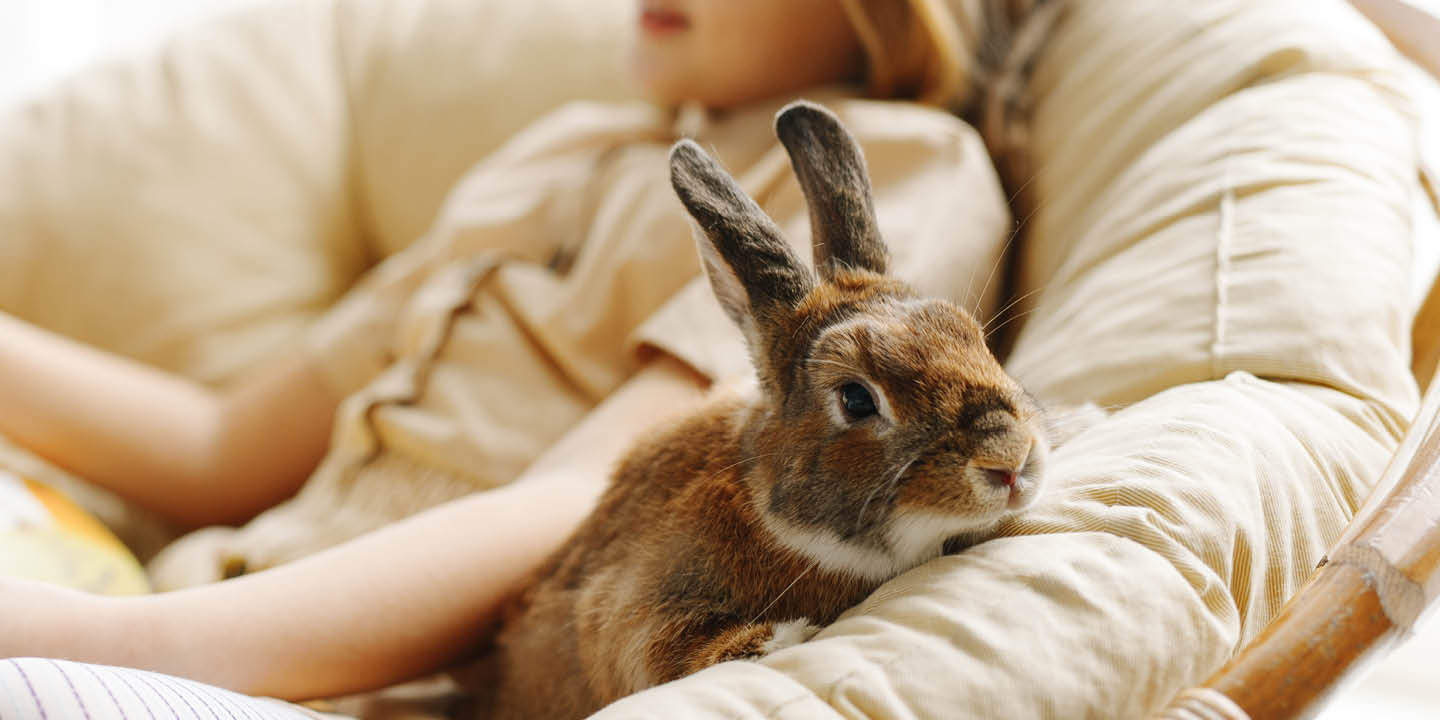
Benefits of desexing your rabbit
At Animates Vetcare we recommend that all pets are desexed, even our smaller ones. Not only does this procedure decrease the risk of illness and disease, but also enables rabbits to live a longer, happier life.

Not only are there are a number of health benefits by having your pet desexed, it also decreases the number of unwanted puppies and kittens that find themselves homeless or in shelters across New Zealand.
Desexing involves removal of part of a pet’s reproductive system whilst under a general anaesthetic. In females desexing is also known as spaying or an ovarian hysterectomy, removing the ovaries and uterus.
In males, desexing is also known as castration or neutering, involving the removal of both testicles.
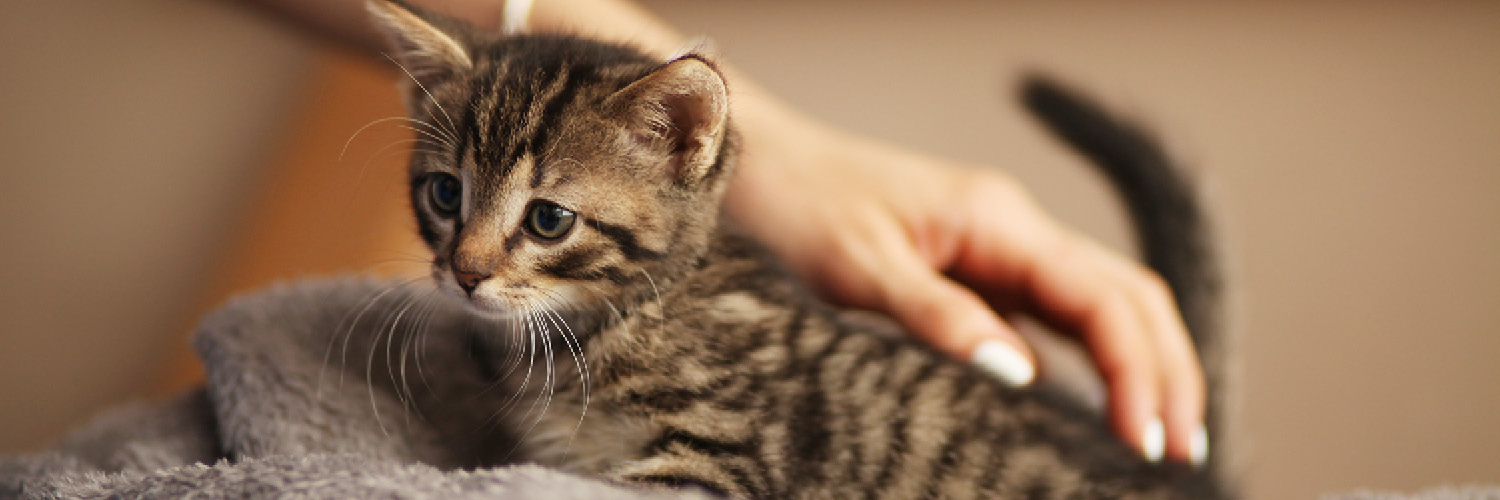
In New Zealand, thousands of cats and dogs are destroyed at animal shelters every year. Veterinarians recommend desexing to prevent unwanted pregnancies and to stop this unnecessary cycle.
Desexing is especially important for cats, as it is not always possible to tell when they are in season. In female dogs, desexing automatically stops their cycles and the associated bleeding and attention from male dogs that result in pregnancy.
Castration in male pets helps to control several behavioural related issues. In dogs it can prevent aggression and wandering instincts as well as dominant behaviour. It is in fact kinder to desex your male pet to stop the ‘hormonal’ need to wander and find a mate. In male cats it can reduce the tendency to roam and fight which often leads to cat bite abscesses and other related complications.
In both cats and dogs, male urine odour can be particularly strong and pungent. Desexing usually prevents this odour plus in most cases desexing will reduce or eliminate spraying in cats.
There are also significant medical benefits for desexing your pet:
In females, desexing reduces the risk of mammary tumours, and eliminates the risk of tumours in the ovaries, uterus, cervix and also prevents other medical conditions such as pyometra (infection of the uterus).
In males, desexing reduces the risk of prostatic diseases, perianal tumours and eliminates the risk of testicular cancer.
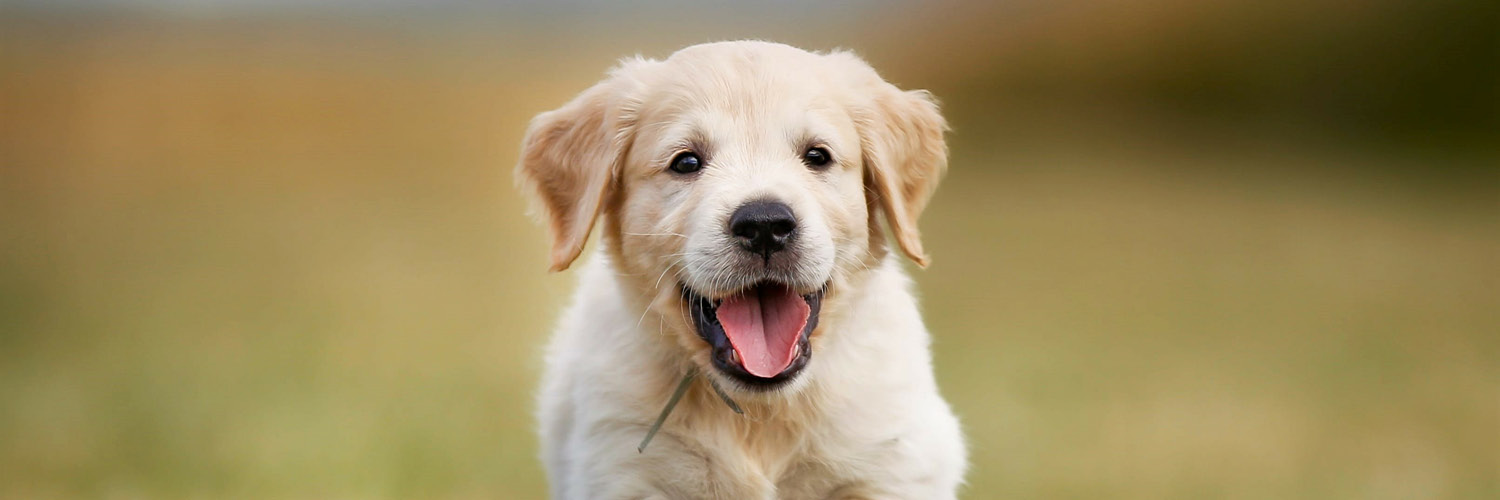
The correct age for desexing can vary depending on the breed and size of your pet and your lifestyle.
At Animates Vetcare we believe that each of our patients are unique and the decision of when to desex your pet should be made in partnership with your veterinary team.
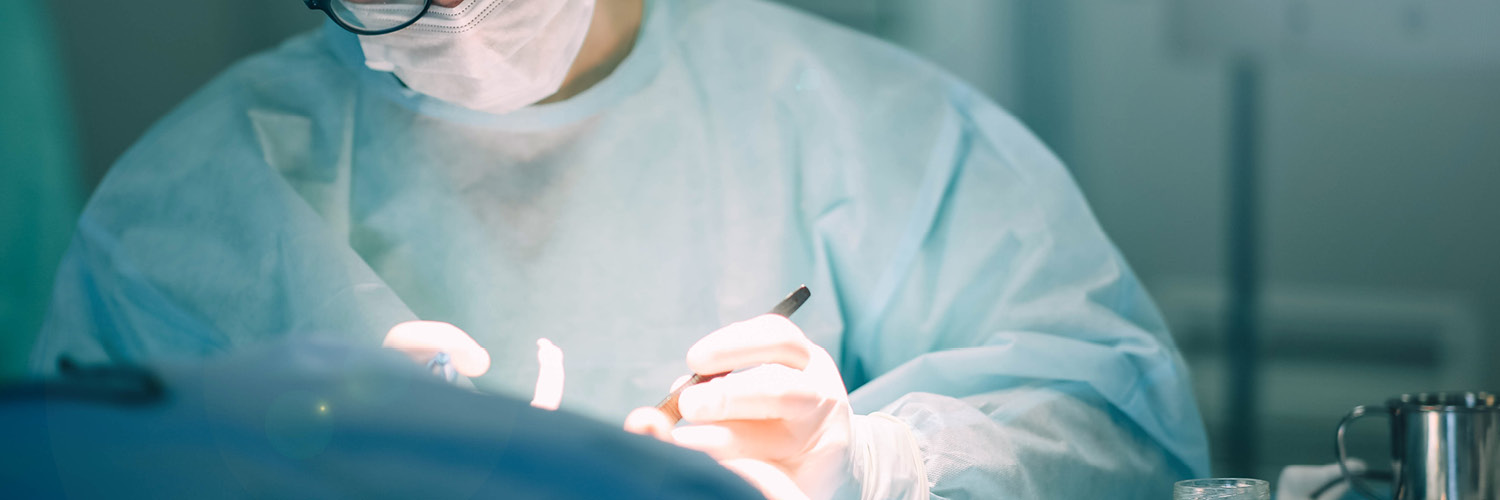
The goal of any surgery at Animates Vetcare is to minimize anxiety to your pet, perform a safe procedure and eliminate pain during and after surgery. With this in mind, here are a few things you should know about surgery at Animates Vetcare:
As in human medicine, the anaesthetics available for anaesthetising companion pets are extremely safe.
As a result, risk is greatly minimised when a “healthy” pet is placed under anaesthetic. However if your pet is not “healthy”, complications can occur both during and after an anaesthetic procedure. To fully assess your pets overall health, it may be necessary to perform a blood test prior. This is a laboratory test that gives indication of how well the liver and kidneys are able to rid the body of drugs and medications. It can also identify abnormalities in blood cells such as the ability to carry oxygen, fight infection and clot.
Our pet healthcare team will discuss pre-anaesthetic testing with you further.
Intravenous fluids will help your pet’s liver and kidneys flush out anaesthetic drugs and maintain better blood pressure during surgery. This means a safer anaesthetic and faster recovery for your pet.
Pain relief is provided to all pets. We also provide take home medication so your pet can continue to recover comfortably on their return home.
Animates Vetcare use gas anaesthesia, which is the safest form of anaesthetic for pets. We also use specialised equipment to monitor the administration of anaesthetic during surgery.
Just as in human surgery, the Animates Vetcare surgical team are fully gowned during surgery. Instruments are sterilised in an autoclave and we have a dedicated surgical theatre.
The Animates Vetcare dedicated patient care nursing staff will monitor your pet before, during and after surgery and will ensure your pet is kept in a comfortable and warm environment.
We are often asked whether or not a pet parent should stay at home to care for a pet after surgery, particularly for routine surgery such as desexing.
Generally, pets make a speedy recovery after routine surgery. For this reason staying at home with them is not necessary as long as they have somewhere warm and comfortable to stay. However, if you are considering making special plans to be with your pet, we suggest you take the day off after surgery rather than the day of surgery.
Once your pet has been admitted to our ward, we will perform a health check and administer a sedative; this will help your pet to relax. After surgery your pet will recover on a heating pad, accompanied by hygienic, dry and fluffy bedding. Your pet will be treated as if they are our own.
Not only will our veterinary nurse continue to monitor throughout the recovery process, they will also give your pet the attention (and cuddles) they deserve.
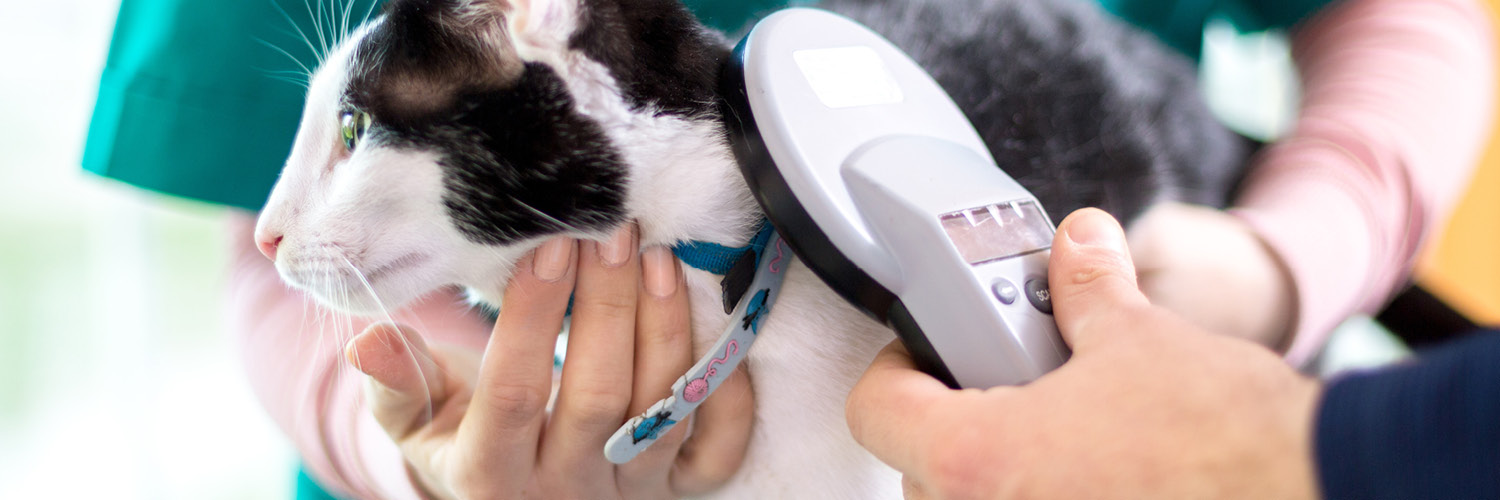
Microchipping is a safe way of identifying your pet for life should they become lost. Now is a great time to consider microchipping particularly when your pet is in a relaxed state under a general anaesthetic.
For your pet’s health this is not true, spaying a dog before her first heat will greatly reduce the risk of mammary cancer.
Desexing is done at an age when rapid puppy growth is decreasing and diet control is necessary. Overfeeding and lack of exercise will make your pet fat, not desexing.
Guarding results from instinctive territorial behaviour. This does not change when a dog is desexed, in fact they are less likely to become aggressive as they get older.
There are generally no changes in the character of pets after desexing. Young male dogs however will be less inclined to mount objects and jump fences in search of a mate.

At Animates Vetcare we recommend that all pets are desexed, even our smaller ones. Not only does this procedure decrease the risk of illness and disease, but also enables rabbits to live a longer, happier life.